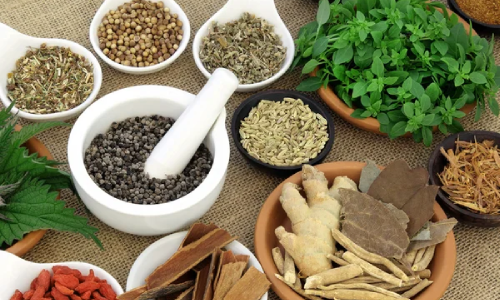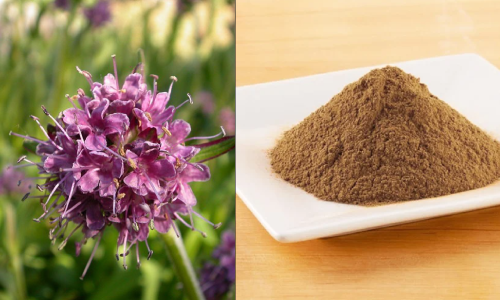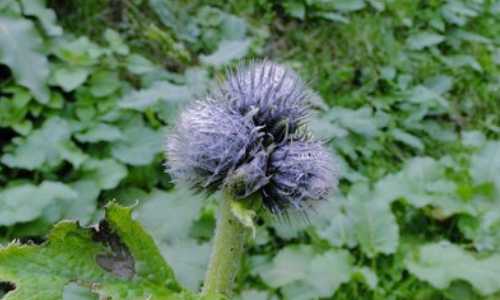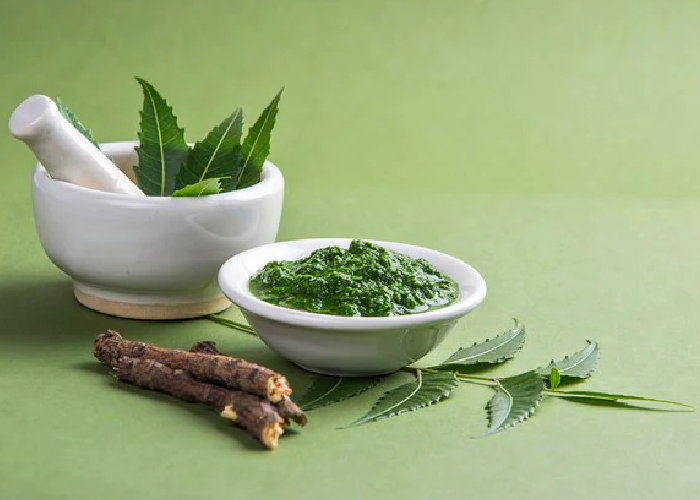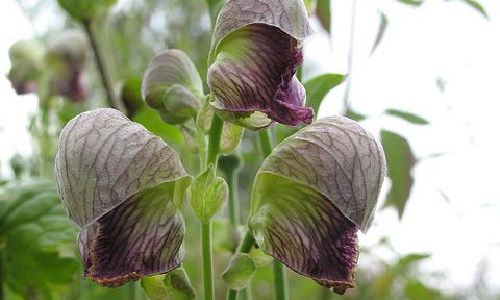Kapha Dosha is responsible for giving structure and lubrication to the body. When balanced, Kapha gives us strength, protects against diseases and keeps us calm. But if it’s out of balance, it can cause weight gain, congestion and tiredness. My treatment for Dosha imbalances majorly involves dietary and lifestyle correction. And if necessary, I include… Continue reading Top 5 Ayurvedic Herbs for Balancing Kapha Dosha
Top 5 Ayurvedic Herbs for Balancing Kapha Dosha
